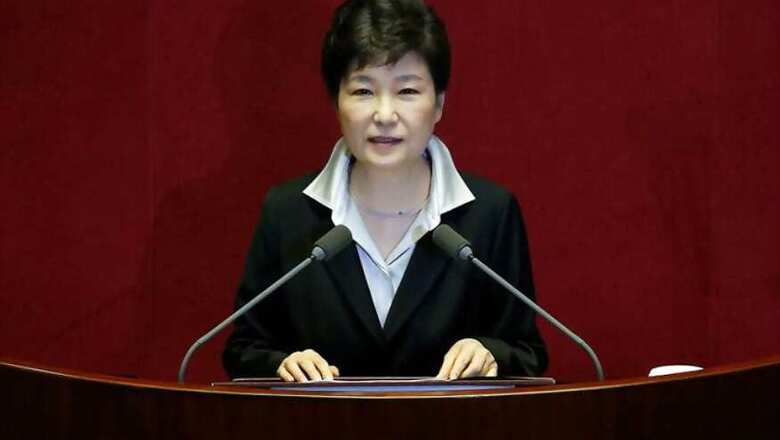
views
Seoul: In a historic ruling Friday, South Korea's Constitutional Court formally impeached President Park Geun-hye from office over a corruption scandal that has plunged the country into political turmoil, worsened an already-serious national divide and led to calls for sweeping reforms.
It was a stunning fall for Park, the daughter of a dictator who rode a lingering conservative nostalgia for her father to a big win in 2012, only to see her presidency descend into scandal. The unanimous ruling opens her up to possible criminal proceedings, and makes her South Korea's first democratically elected leader to be removed early from office since democracy came in the country in the late 1980s.
South Korea must now hold an election within two months to choose Park's successor. Liberal Moon Jae-in, who lost to Park in the 2012 election, currently enjoys a comfortable lead in opinion surveys. Whoever becomes the next leader will take over a country facing a hostile North Korea, a stagnant economy and deep social and political divides.
Pre-verdict surveys showed that 70 to 80 percent of South Koreans had wanted the court to approve Park's impeachment. But there have been worries that Park's ouster would further polarize the country and cause violence between her supporters and opponents.
Park's parliamentary impeachment in December came after weeks of Saturday rallies that drew millions who wanted her resignation. Overwhelmed by the biggest rallies in decades, the voices of Park supporters were largely ignored. But they've recently regrouped and staged fierce pro-Park rallies since.
People on both sides have threatened not to accept a Constitutional Court decision that they disagree with. One of Park's lawyers told the court last month that there will be "a rebellion and blood will drench the asphalt" if Park is booted from office. Many participants at anti-Park rallies had said they would stage a "revolution" if the court rejected Park's impeachment.
"If Park accepts the ruling and soothes those who opposed her impeachment, things will be quiet," said Yoon Tae-Ryong, a political scientist at Seoul's Konkuk University. "But looking at what she's done so far, I think that might be wishful thinking."
Others disagreed, saying violent protests won't be supported by the general public.














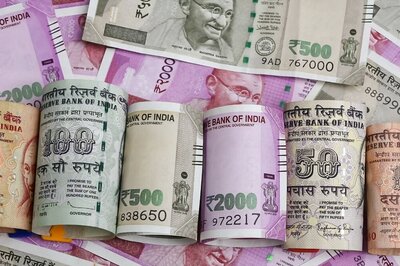

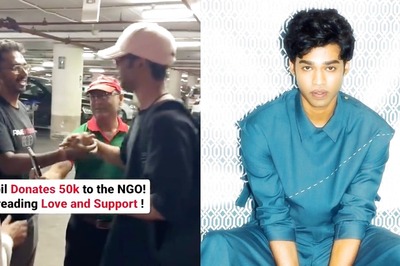
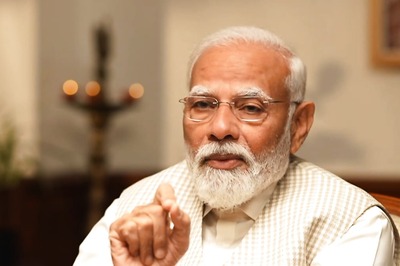
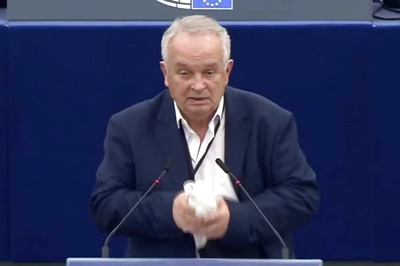
Comments
0 comment